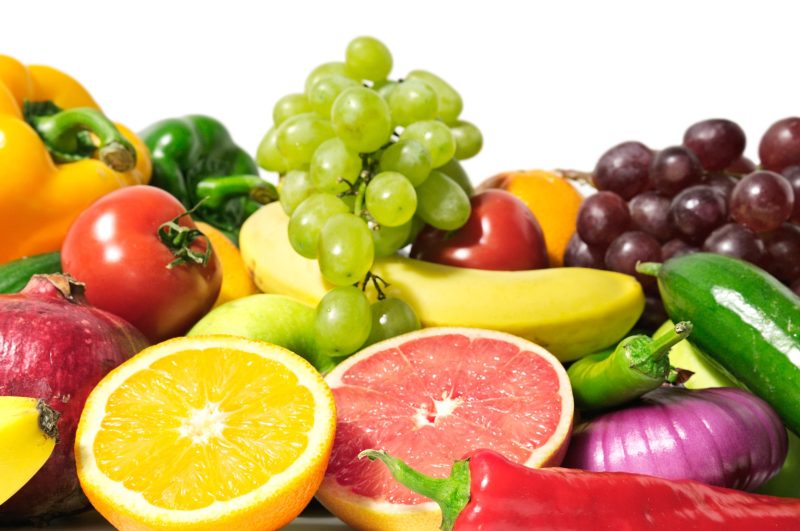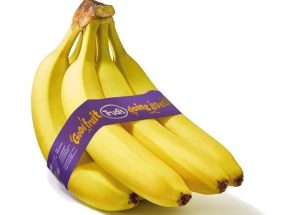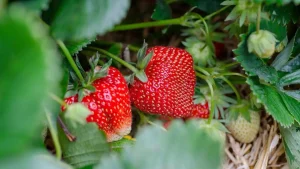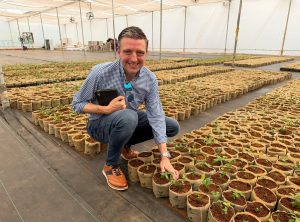US President Donald Trump signed an executive order on Friday, 14 November, exempting numerous food products — including tropical fruits, tomatoes and citrus — from the reciprocal tariffs his administration introduced on 2 April.
The measure eliminates the baseline 10% tariff on imports, which in some cases reached up to 50% depending on the country of origin.
Other food products such as beef, coffee, tea, nuts and spices have also been removed from the tariff list.
The exemptions apply retroactively from midnight on Thursday, 13 November.
Pressure mounts over rising grocery prices
The decision comes as the Trump administration faces growing criticism over soaring food prices — an increasingly sensitive issue for consumers and a politically charged one.
The reciprocal tariffs imposed in April were justified by the White House as a way to address what the president described as “large and persistent trade deficits” posing a “national emergency.”
Trump and his team have repeatedly argued that these tariffs do not affect consumer prices, despite evidence suggesting otherwise.
In the new executive order, the president states that domestic demand for certain products and US production capacity justify the modification. According to the official statement, the exemption applies to products the US does not produce — or cannot produce in sufficient quantities.
Fruits benefiting from the measure include bananas, avocados, oranges, guavas, limes, mangoes, pineapples, coconuts, plantains, various peppers and tomatoes.
Not everything is tariff-free
Although the order removes the reciprocal tariffs, some products remain subject to other existing duties.
For example, Mexican tomatoes — which make up a significant share of US supply — will continue to face a 17% tariff that took effect in July after a long-standing trade agreement expired.
RELATED NEWS: Cosco to maintain stability despite Trump
Around two-thirds of tomatoes consumed in the US are imported, mainly from Mexico, and retail prices rose as soon as the tariff was introduced.
Latin American trade deals will cut banana duties
As part of efforts to curb food price inflation, the Trump administration also announced that tariffs on bananas and coffee will be reduced under new trade agreements with Argentina, Ecuador, El Salvador and Guatemala.
The preliminary agreements, announced on Thursday, foresee the US eliminating or lowering certain duties, while those countries open their markets to more American agricultural and industrial goods.
For now, the reciprocal tariffs remain in place:
10% for Guatemala, Argentina and El Salvador
15% for Ecuador
However, the agreements will allow exemptions for products the US cannot produce in sufficient volumes.
Ecuador — one of the largest banana exporters to the US — has committed to eliminating or reducing tariffs on a wide range of goods, including fresh fruit and nuts, and to easing non-tariff barriers for US agricultural exports.
In return, the US will lower tariffs on Ecuadorian bananas and other products with limited domestic production, such as coffee.
Final details of the agreements are expected in the coming weeks once negotiations conclude.























